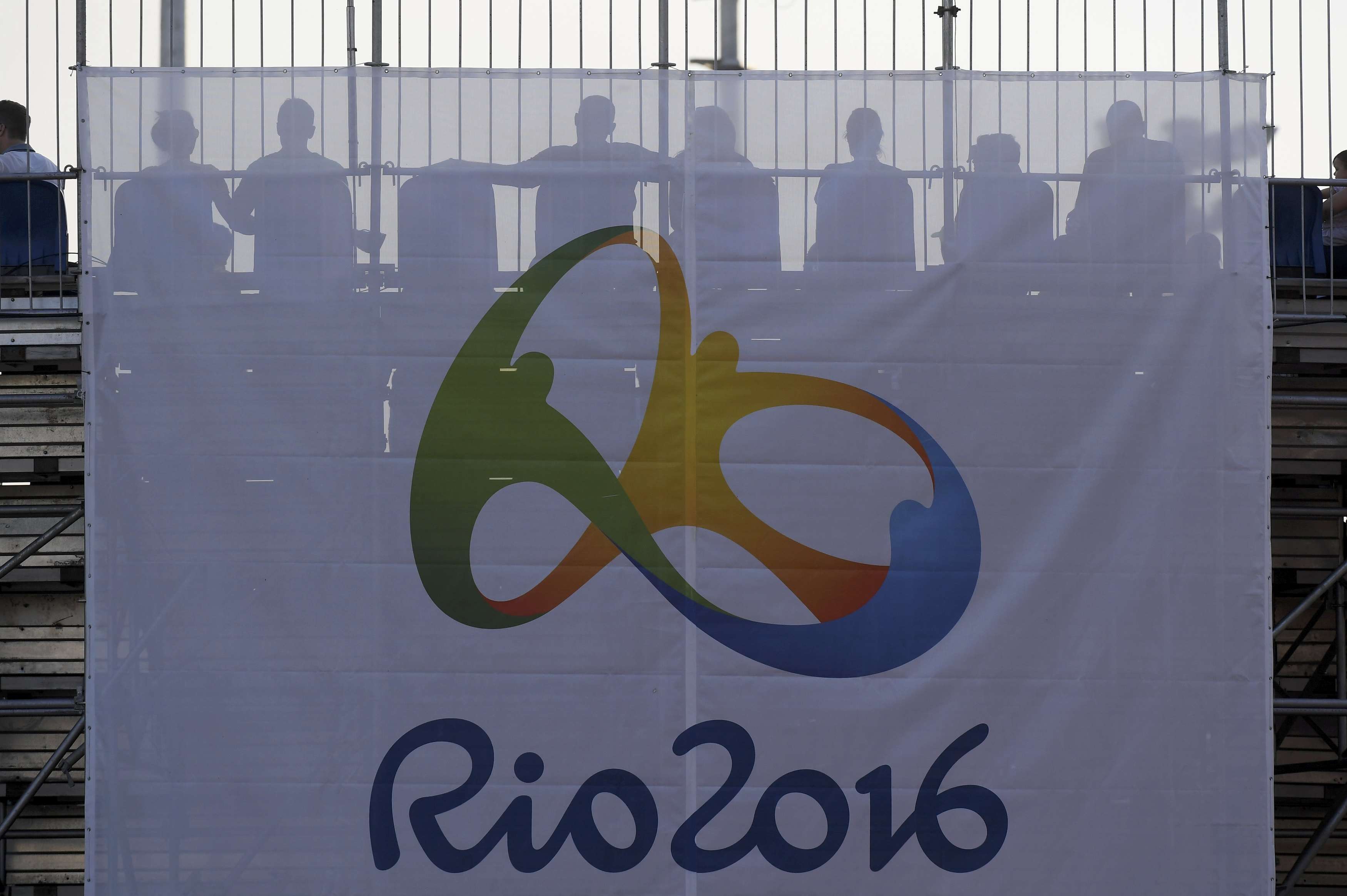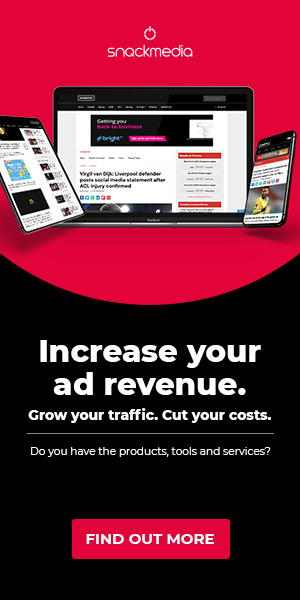Rio 2016 shows that even in the digital marketing era, age-old principles apply
The Greatest Show on Earth has entered our lives. Swimmers and cyclists entertained us this weekend, fighting it out for medals, world records and glory, and other sports will get underway over the next few days.
But whilst the athletes battle for medals, the competition between brands who are looking to advertise during the games is just as fierce.
The Olympics is an event that stops the world in its everyday tracks. It may pass some people by, but they’ll certainly know that it’s going on. 90% of the UK’s population watched the BBC’s Olympics coverage at some point during the 2012 games.
That makes the Olympics a huge opportunity for marketers, but it also turns the games into a boiling cauldron for marketing and advertising. Official sponsors look to capitalise on their special relationship with the event, but non-sponsors also want to capitalise on such an unmissable occasion.
https://twitter.com/Nike/status/761396406233858048
This year, the International Olympic Committee’s implementation of the controversial Article 40 shows the organisation’s desire to protect the sponsorship-leveraging power of their event by protecting their sponsors from ambush marketing. After all, why would any company pay hundreds of millions of pounds to link their brand with the Olympics whenever non-sponsors can get the same sort of exposure without having to pay the IOC for the privilege?
Ambush marketing is incredibly effective – and it’s also incredibly obvious. Nike, for example, is not an official sponsor of the Olympics, nor was it a sponsor of Euro 2016, yet given its super strong brand recognition, its position in the market, and its credibility in the public eye, they are able to advertise around any sporting event without actually mentioning it by name. They may even be mistaken for official sponsors, too.
What this shows is that those digesting the content simply don’t care if the ad they’re watching comes from an official sponsor or not. To the consumer, knowing that a brand is an official sponsor of the Olympics might lend a credibility to the brand overall. But there are two things to note.
One is that most members of the public – who, let’s be honest, have no interest in marketing or branding – don’t know that Nissan or P&G are official Olympics sponsors. Being a sponsor only lends credibility to a brand if the consumer is actually aware that the brand in question is a sponsor. Even having the right to use the official logo means very little – the logo is everywhere and the public don’t necessarily make the connection between a brand having the right to use it and the fact that they’re official sponsors. And it’s debatable if they’d care even if they did.
#Rio2016 has begun! Good luck to athlete @J_Ennis competing in the Heptathlon with her mum's support #ThankYouMum pic.twitter.com/hHE3ckKr9x
— P&G UK and Ireland (@PGUK) August 6, 2016
The second thing is that a creative ad which captures the public mood is always going to be an effective ad regardless of the sponsorship status of the brand – especially when the public mood is as obvious and as defined as it is during an event like the Olympic games.
Brands don’t need to be sponsors to create an ad, but the fact that there are such huge restrictions on non-sponsors during major sporting events means that they have to be creative. And they’re often creative in a way that official sponsors aren’t.
The competition between brands to get their messages out to the public is shown most clearly during an event like the Olympics, but whilst the debate about ambush marketing is certainly interesting, it does hammer home what should be an obvious truth: if you’re going to advertise, make it relevant, make it creative and make it inspiring. And isn’t that just the key anyway?
About author
You might also like
SPORTEL 2021: Day One Recap
This year’s prestigious SPORTEL convention kicked off in sunny Monaco today, welcoming a host of familiar faces as well as plenty of new ones. Doors opened at 8:30am with businesses
Six Founding Riders Set To Bring The Vision Of The UCI Track Champions League To Life
Olympic Champions, UCI World Champions and World Record holders join the new track cycling competition debuting in November 2021 The UCI Track Champions League is delighted to announce that six
Sports related spending to soar this summer as pre-pandemic life resumes
New insights from eBay Ads UK reveal the potential for brands to engage with an excited but nervous nation as sports events get back on track As pubs and indoor








